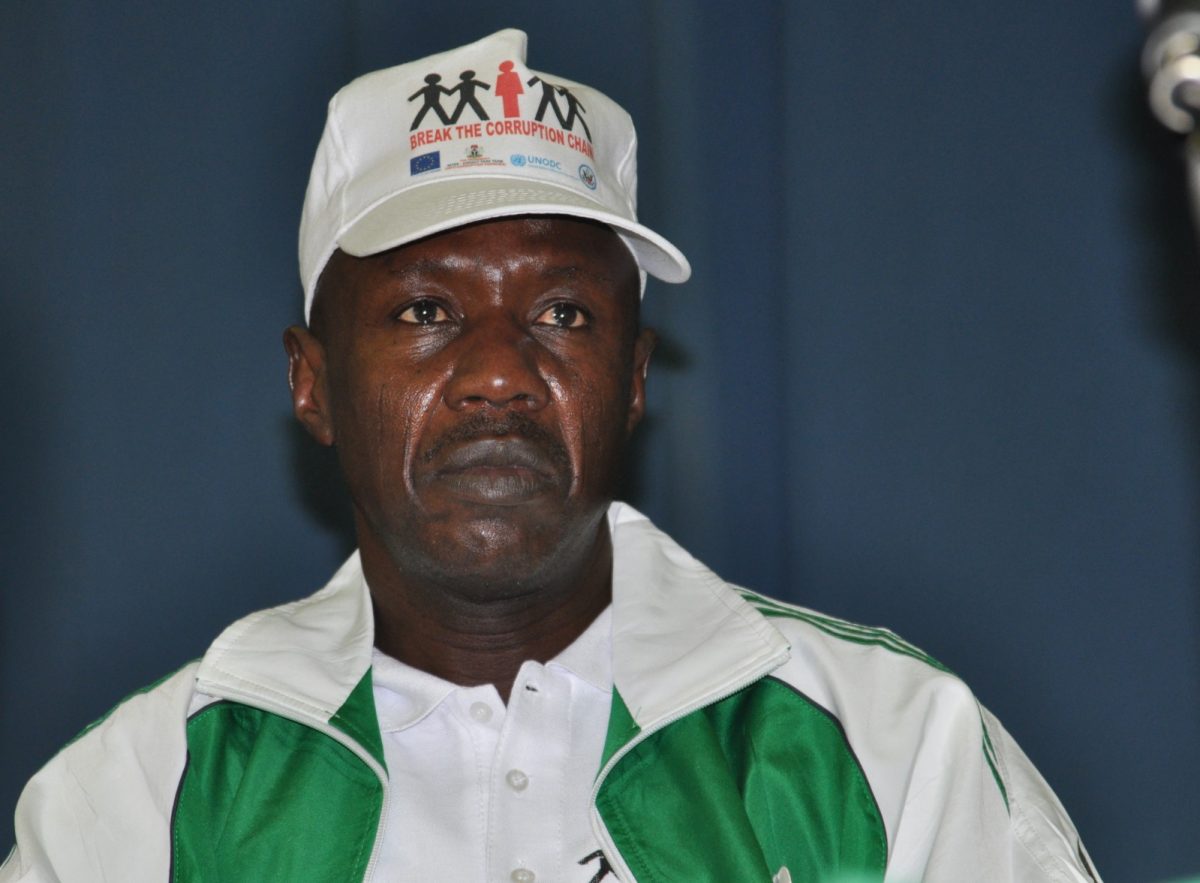Ex-militant leader Government Ekpemupolo, also known as Tompolo, has been declared wanted by the Economic and Financial Crimes Commission (EFCC).
In a statement Thursday, February 11, 2016, the anti-graft agency urged the public to offer useful information on his whereabouts.
It said 47-year-old Tompolo is wanted in a case of conspiracy, illegal diversion of N34 billion and 11billion, 900 million belonging to the Nigerian maritime Administration and Safety Agency (NIMASA). The EFCC declaration is contained in a few dailies, Friday.
A Federal High Court sitting in Lagos on two occasions issued bench warrants for Tompolo’s arrest.
Ekpemupolo is a former Niger Delta warlord, one of the leaders of the dreaded militant group, Movement for the Emancipation of the Niger Delta (MEND). Together with other Niger Delta militancy groups, MEND waged war against Obasanjo’s regime over agitations for economic and environmental justice for the people of the oil rich Niger Delta region of Nigeria. Late President Musa Yar’Adua continued the face-off with Tompolo and other militants. At a point, Yar’Adua declared Tompolo as the most wanted man in Nigeria.
The militants waged a campaign against oil production in the Niger Delta region that successfully crippled the nation’s economy from 2005 till 2009. The Niger Delta restiveness only ended when the late President Musa Yar’Adua successfully negotiated a cease-fire and launched the Niger Delta Amnesty Programme.
Tompolo maintains his innocence and says that the charges by the EFCC is a witch-hunt orchestrated by the Buhari government because he refused to join the All Progressives Congress and support the party during the Bayelsa Governorship Elections of November 2015.
Tompolo had issued a statement, late January 2016 saying he would appear in court to face the charges brought against him by the EFCC.
In the wake of Tomopolo’s face-off with the EFCC, militants had blown up strategic pipelines in Delta and Bayelsa State. Although Tompolo has denied involvement in the pipelines attacks, Ijaw groups and leaders have expressed concern that the government’s approach could lead to renewed restiveness in the region.







